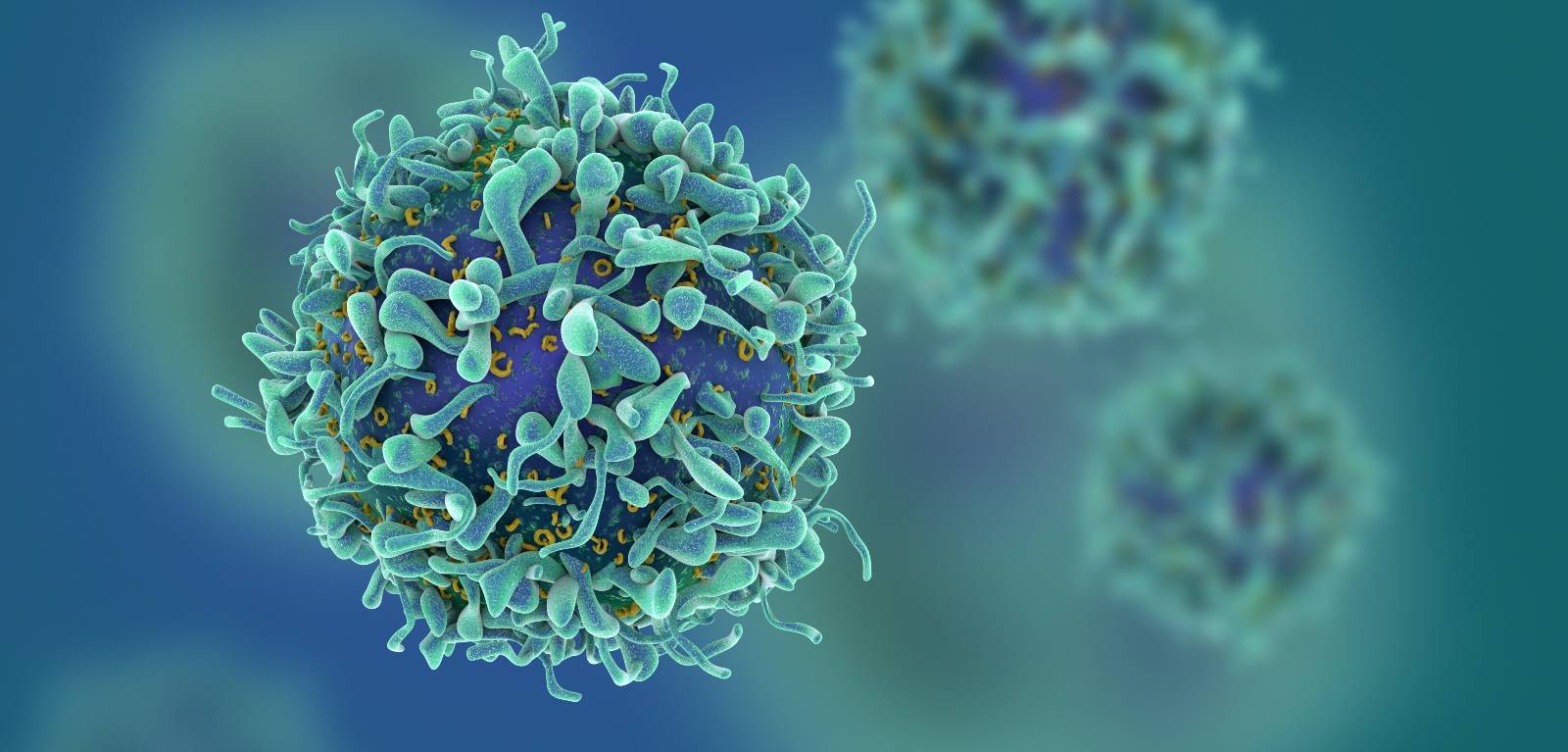The charity has awarded £142,749 to Professor Chris Cardwell and Dr Charlene McShane at Queen’s University Belfast, to understand how factors including mental health problems, remote living, and socio-economic status can impact a breast cancer diagnosis and chances of treatment being successful.
During the two-year project, researchers will examine Northern Ireland Cancer Registry (NICR) data from 15,000 women diagnosed with breast cancer between 2011 and 2021.
They will look at how advanced the breast cancer was at diagnosis, what treatment these women received, and how long they have survived following their diagnosis.
To identify inequalities in care and outcomes, the researchers will look across multiple data sources including NHS prescriptions dispensed in the community and hospital admissions.
Finally, they will survey and interview women with breast cancer in Northern Ireland to gain insight from personal experiences.
Professor Chris Cardwell from Queen’s University Belfast said: “We’ll focus our research on women with selected mental health problems, those living in remote areas and from low socio-economic backgrounds. We’ll also look at the experiences of women with disabilities, those from minority ethnic backgrounds and migrants, to find out if they also experience inequalities when it comes to breast cancer care and outcomes. We want to make sure that all women in Northern Ireland receive the best possible breast cancer care and treatment. The first step to reducing health inequalities, is understanding why they happen.”
Dr Damien Bennett, Interim Director of the NICR at Queen's University said: “We know that inequalities in cancer diagnosis, treatment and follow-up are difficult to capture and measure. With this research we can link NICR data with information from other sources including hospital admissions and prescribing data to assess the impact of inequalities, including mental health conditions, on breast cancer diagnosis, treatment, and survival.”
Dr Simon Vincent, Breast Cancer Now’s Director of Research, Support and Influencing said: “It’s so important that we understand what factors can lead to women experiencing breast cancer health inequalities, as this is ultimately impacting their chance of survival. We’re therefore delighted to be funding this research as its findings will help us to further break down barriers and ensure all women receive the best possible standards of breast cancer diagnosis, care, and outcomes.”
Norma Higgins, 40, from Belfast, was busy looking after three young children and working part time as a radiographer when she started to experience pain in her breast and shoulder. Norma was diagnosed with HER2-positive breast cancer in October 2019, and believes that it was her knowledge of breast cancer and access to healthcare that helped her to seek her diagnosis.
Norma says: “I used to treat hundreds of women a month, of all ages, who had breast cancer and I never once thought that one day it could be me. There was no history of breast cancer in my family, and I was fit and healthy. I’m just so grateful that my line of work and medical knowledge drove me to seek an explanation for the breast pain I was experiencing. Other women are not as fortunate and don’t seek help or advice soon enough and the cancer progresses.
“I’m very lucky to live near to the cancer centre in Belfast and have a support network of friends and family who not only encouraged me to get checked out, but who were there for me during treatment. I can’t imagine what the experience would have been like without any of these things.”
